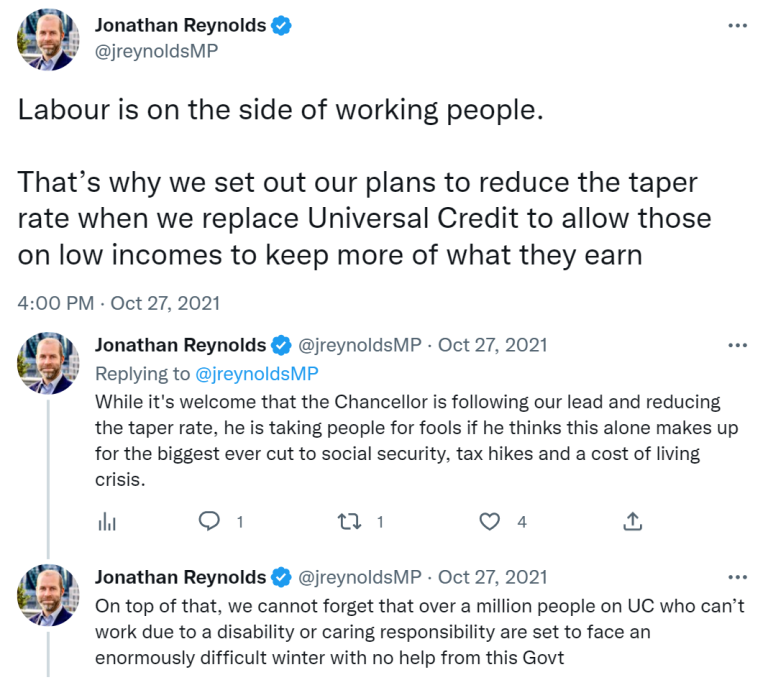Starmer betrays vulnerable and low-paid by abandoning promise to scrap Universal Credit
Original article republished for non-commercial use from the Skwawkbox
bySKWAWKBOX (SW)09/01/2023 3 Comments on Starmer betrays vulnerable and low-paid by abandoning promise to scrap Universal Credit
Yet another promise shredded as Starmer maintains 100% weasel record

Keir Starmer has broken yet another promise – maintaining his perfect betrayal record – by abandoning his pledge to scrap the hateful and cruel Universal Credit system through which the Tories have inflicted years of misery and poverty on the UK’s lowest earning and most vulnerable.
Starmer’s Work and Pensions spokesman Jon Ashworth, challenged directly whether Starmer – who has already been mocked this week for claiming he will ‘renew’ the UK after thirteen years of Tory cuts without spending more – would honour his promise to scrap the system that has pushed huge numbers into abject poverty, responded that:
We’re going to reform universal credit … it’s a computer system. We’re not going to go back to the six different benefits that I think it brought together but we are going to reform it.
The lumping together of benefits that were previously tailored to the needs and circumstances of different types of claimant is one of the fundamentally damaging aspects of Universal Credit – and Labour had unequivocally promised to get rid of the whole system and ‘replace’ it with something fit for purpose, to show that ‘Labour is on the side of working people’, millions of whom rely on benefits to top up low pay they are forced to accept while employers fatten profits:

Starmer has already shredded every one of the promises he made to Labour members, including his promise to renationalise the NHS and utilities, a plan that is hugely popular with voters across the political spectrum. Now – after he and his health spokesman accepted large donations from private health interests – he has said that he intends to use more private providers behind the NHS badge and refuses to commit to increasing public sector pay or the services they provide.
Starmer was asked this week by an interviewer what the point is of voting Labour when he will be no different to the Tories. If there is any difference, it’s an even lower level of trustworthiness. A Starmer promise is not fit to wipe your backside with.
Original article republished for non-commercial use from the Skwawkbox

